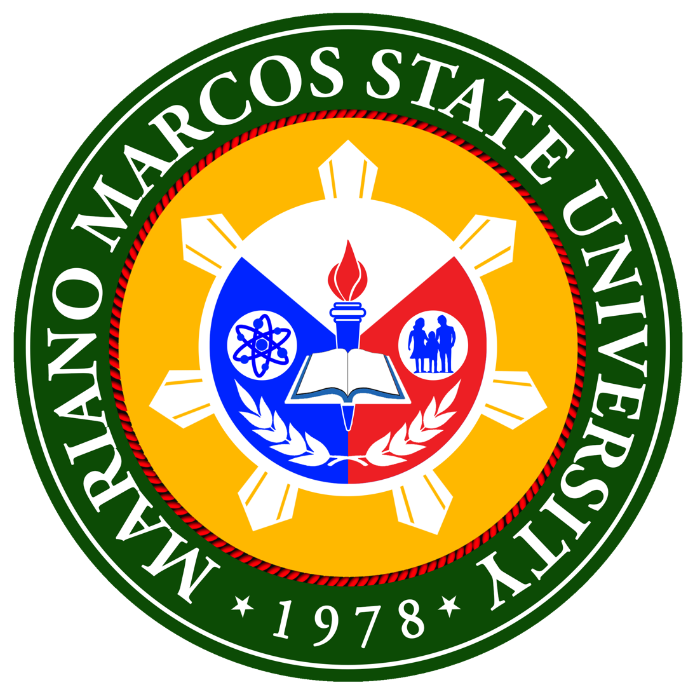Dar asks MMSU, ILAARRDEC to implement RCEP
Agriculture Secretary William D. Dar called on the officials of MMSU and the Ilocos Agriculture, Aquatic and Resources Research and Development Consortium (ILAARRDEC) to implement the Rice Competitiveness Enhancement Program (RCEP) in the Ilocos region to ease the adverse impact of rice imports on local rice farmers.
ILAARRDEC is a consortium of 18 development agencies in Region 1 involved in agricultural research and extension. Its headquarters is located in the main campus of the Mariano Marcos State University (MMSU), the lead agency of the consortium.
In a meeting with MMSU and ILAARRDEC officials held at the MMSU Student Center on August 30, Dar said he wanted to accelerate the implementation of the RCEP and improve the sector's growth rate in the next three years.
The RCEP provides financial aid to farmers and finances the government's farm modernization programs to make farmers more competitive, and counter the negative impact of the Rice Tariffication Law.
Dar said the sector's growth could be accelerated by boosting support to local food production and strengthening the industry's agribusiness component by bringing in the private sector.
According to him, the enormous fund for RCEP is enough to be given as grant to farmers' cooperatives and for the Agricultural Training Institute (ATI) to handle the training program.
"The amount we are dealing here is PHP10 billion -- PHP5 billion for mechanization and PHP3 billion for seed distribution alone. And the ATI will handle PHP500 million for each of these programs to be implemented in line with skills development," Dar said, urging the agency to tap the expertise of ILAARRDEC, under the leadership of MMSU, to provide skills development for farmers.
"The ATI cannot really cover all the training in skills development, that is why I am asking the agency to tap the consortium to be given areas of responsibility," he pointed out.
Dar said in implementing training, ATI should also bring in more resource persons from the business sector, ordering the agency to strengthen its agreements with the universities and DA laboratories in implementing experiential training.
He also urged the consortium to make an effort in the region to upscale the developed technologies going to the farmers' cooperatives, associations, and the business sector.
"If you can pilot in a bigger scale, and you have now the trust and confidence that you can now let go of the mature technologies, then go for training and bigger upscaling of millions of hectares," Dar said, adding that the business sector will do the commercialization of these technologies.
Meanwhile, Dar urged the MMSU to develop and showcase more agriculture technologies and innovations in rural areas.
“You must continue to do research, which is the proof of concept for the modern agricultural industry,” Dar said as he challenged the MMSU to put up “disruptive programs” wherein the university can disrupt its present programs to bring in the dimension of the Agriculture Industry 4.0.
An advocate of agribusiness, Dar said the MMSU should also integrate entrepreneurial courses in all the degree programs that it offers so that all its graduates will have basic knowledge of agribusiness.
"We are now working with Senator Imee Marcos in putting up a Youth Farmers' Development Program in which there will be a youth enterprise development fund," he said.
Written By:
Administrator
Other News
Ret. Justice Carpio-Morales funds scholarship program for MMSU students
2 MMSU profs receive BSU-CVM Young Veterinarian Achiever Award
MMSU Vet Med prof recognized for contributions in marine mammal protection
MMSU-CTE hosts SUCTEA Regional Conference
100% success of MMSU nursing and physician board examinees feted in testimonial rites

